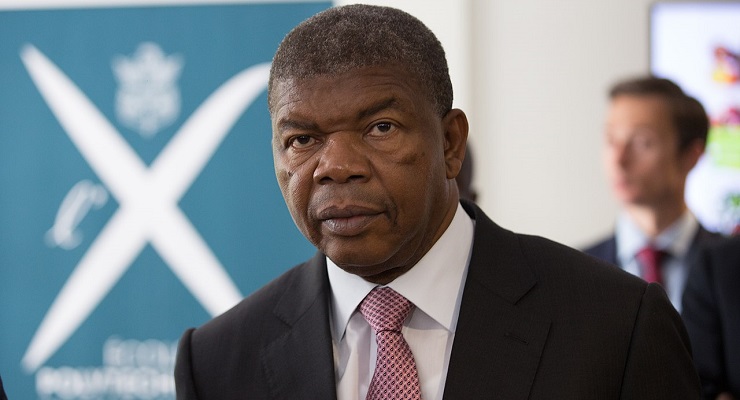
Leandro E. G. Ferreira had this analysis in Constitutionnet. Here is an excerpt:
The announcement of the intention of “punctual” revision of the Constitution of Angola by President João Lourenço on 2 March 2021 caused an absolute surprise, eleven years after the Constitution’s approval in 2010. There was nothing to foresee it, there was no announcement, no prior public consultation and it raises several questions about its real purposes, since the previous pronouncements of the President, who strongly rejected earlier requests for revision from the Opposition and civil society.
There may be several real reasons. The first three years of the President’s term (2017-2022) were significantly marked by his policy to fight corruption and the recovery of State assets, the commitment to recover the economy in deep crisis since 2016 and to face the Covid 2019 pandemic, which significantly exposed the fragility of the social and health sectors in the country. His entrance to the presidential palace was also marked by the feeling of deep conflict with the previous governance model of the outgoing President José Eduardo dos Santos and his direct followers, caused by the political wear and tear of long-term governance, by the economic crisis, by the low index of economic and human development and by the practice of corruption and nepotism in relation to public contracts of great relevance, especially on the eve of the inauguration of his successor.
The structural reform of the system that was promised by the Popular Movement for the Liberation of Angola (MPLA) – the ruling party since Angola’s independence in 1975 – imposed significant reforms on the State, party politics and the economy from the outset on the new President’s tenure, including the urgent holding and implementation of local elections and local authorities, the amendment of the Constitution to reassess and reduce presidential powers and the way in which he is elected, and the strengthening of parliamentary oversight of the Executive, a matter on which the opposition political forces and civil society have consistently insisted.
Access the full article here.
Leave a Reply